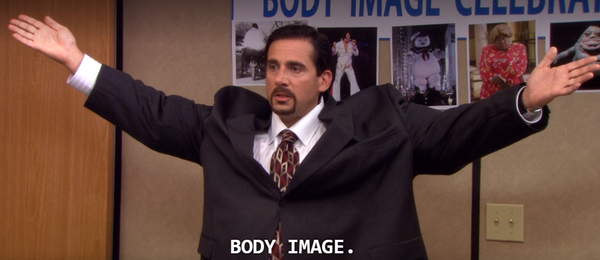He runs past the radiator, down the hall, and flings open his closet. A disorganized rabble of papers and discarded clothing greet him, covered in a fine sheen of dust. The man bends to his knees, frayed slacks scuffling the ground, and hurriedly begins transferring the closet’s derelict insides into the passage behind him. His hands fly through the pile before him in a frantic search, regardless of the mess it is making. As a matter of fact, it matches the rest of his apartment now. Characterized by crumpled receipts and overflowing ashtrays, his living area saw far better days under previous management.
Judging from his expensive but rundown wardrobe, many suspected he was from money but hadn’t used it well. The man gained a reputation in the rather conservative building as careless and irresponsible, not following the unspoken standards of home maintenance religiously respected by the building's other residents and presenting a constant, unshaven, disheveled appearance. He would many times return home later than any individual of taste or legitimacy, probably gambling away his meager earnings or drinking. To top it off, he claimed to be a musician, as if he couldn’t be more frowned upon by his neighbors.
He breathes a sigh of relief as he balls up and throws a once handsome overcoat (now tattered and smelling of mothballs) over his shoulder. He extracts a saxophone case, instrument inside, and thoughtlessly made to follow the coat. The man runs his fingers across the floorboards, searching and probing until he finds the tell-tale crevasse. He sticks his fingers in and lifts, revealing a small cavity in the floor. Unlike the earlier ransacking of the closet, the contents of the cavity are treated with infinitely greater care and have no signs of neglect.
The man slowly extracts a series of papers folded in over themselves: a passport, a spare wallet brimming with counterfeit dollars, two vials with mysterious contents swishing inside, and finally, a small metal box. He lays them side by side, except for the box, which he takes to the shabby kitchen table, edges worn due to years of service. The shades are drawn shut for good measure, though not much exists to hide from anymore. They are coming.
He sits and opens the box. Inside are several strips of paper bearing nearly microscopic writing. He holds them gingerly, as if perhaps they will disintegrate or burst into flames, but the truth is far more dangerous. He lays out the strips in front of him, seven total, in chronological order from oldest to most recent. For a long second, he stares at this with beady, intelligent eyes. Without breaking his gaze, from his pocket, he pulls out a pack of cigarettes, selects one, and lights it. He takes a deep draw, and when he moves his hand away, it’s not shaking as much as it was before.
Mind made up, he takes the strips, counterfeit bills, papers vials, and treads lightly to the kitchen sink. He uncorks the first vial, pouring its contents down the sink. However, with the second vial, he hesitates, wondering if he should drink and be done. The man looks down at the yellowed, cracked sink and wonders how he got into this mess. But the moment passes, and it too disappears into the plumbing. He must do his duty. The little strips of paper are carefully stacked, and ripped in half, then into quarters, then into the drain. The remaining contents of the floor cavity, minus the passport, are stacked in the center of the sink.
A hard knock lands on the door. Heart pounding, he hurriedly mashes his lit cigarette into the papers, blacking out some of their contents, and drops it on top of the stack. He pauses and turns on the tap, releasing a stream of water onto them, smearing the ink and distorting their original components. Stepping back, turning, and making his way to the door, he hopes his impromptu evasive measures eradicate all of the evidence. (Or at least most of it.)
A second knock rings through the still silence, short and crisp, followed by a firm voice.
“By order of the government, you are to open this door.”
Habitually running his palm over his stubble and trying to steady himself, the man complies; nothing is to be gained otherwise. Facing him are three men in the dim hallway, dressed in suits and fedoras, even though it's a hot summer day in DC. (The norm for men in their line of work.) The man’s heart sinks somehow further.
The one in the center, slightly taller and older than the other two, with spectacles and a sharp nose, holds up his open wallet, revealing a badge.
"Mr. Connelly? I work for the government. You know who we are, we know who you are, and your country does, too. Even as such, we would like to ask you a few questions.”
The tall man and one of his colleagues enter the flat, with the third closing the door behind them to stand guard outside. The tall man has Connelly sit down at his own table and sits across from him. The other agent, silent and unfriendly looking, sports a bowler hat and barrel chest. He quickly finds the remnant of the papers in the sink and attempts to salvage them. His efforts are in vain, and the clandestine communications are sufficiently undecipherable.
Looking away from his comrade’s bumbling, the tall man‘s gaze hardens. Connelly (not his real name) unintentionally gulps. The tall man leans forward. What he asks next was already answered days ago and confirmed by the chaos in the sink.
Still, he questions, “Mr. Connelly, are you now, or have you ever been, affiliated with the Communist party?”





















